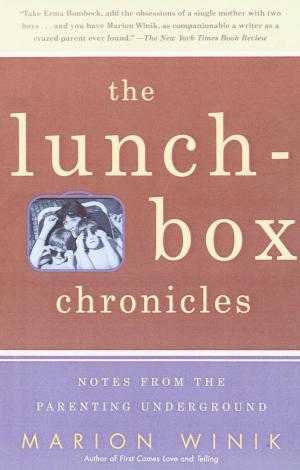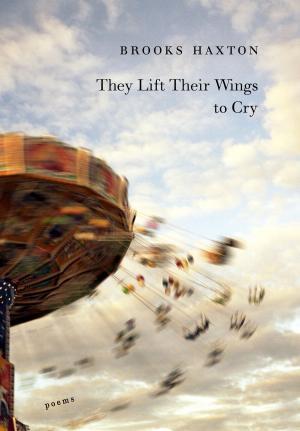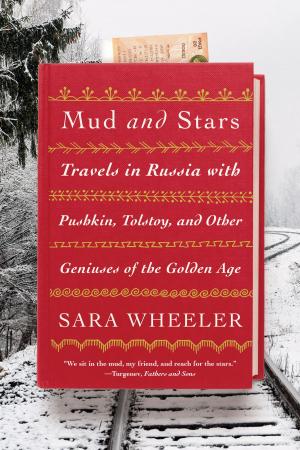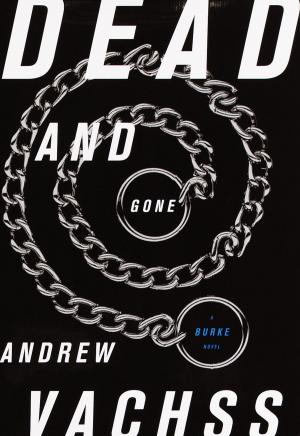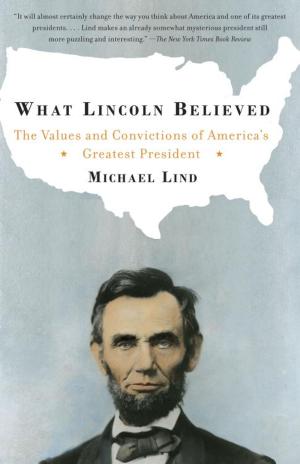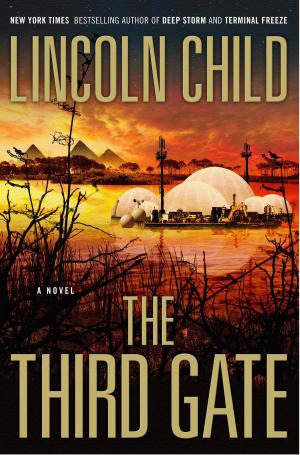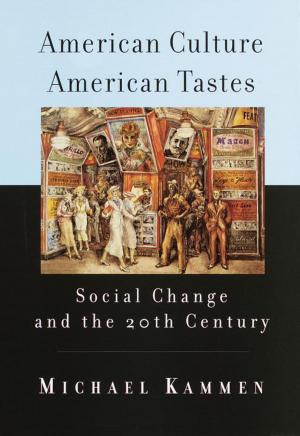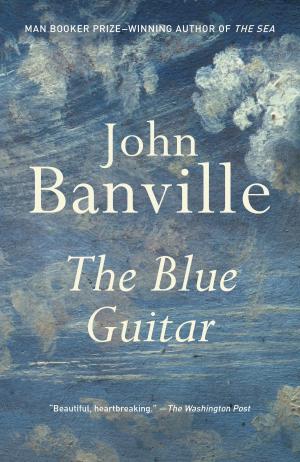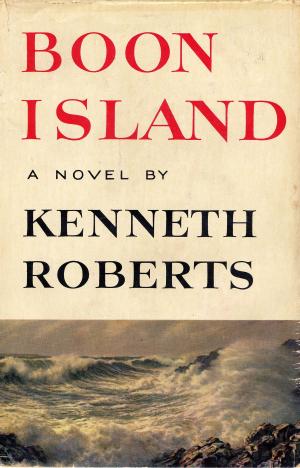The Fading Smile
Poets in Boston, from Robert Frost to Robert Lowell to Sylvia Plath,
Biography & Memoir, Literary| Author: | Peter Davison | ISBN: | 9780307832962 |
| Publisher: | Knopf Doubleday Publishing Group | Publication: | May 15, 2013 |
| Imprint: | Knopf | Language: | English |
| Author: | Peter Davison |
| ISBN: | 9780307832962 |
| Publisher: | Knopf Doubleday Publishing Group |
| Publication: | May 15, 2013 |
| Imprint: | Knopf |
| Language: | English |
"A beautiful and richly instructive book, a worthy and welcome sequel to Eileen Simpson's Poets in Their Youth."
Louis S. Auchincloss
An intimately perceptive account, by a poet who knew them all, of the brilliant circle of poets who lived and worked in Boston through the half-decade beginning in 1955. That was the year Peter Davison, coming to Boston as a book editor. was swept up in a world -- in a tumult -- of poetry. He rediscovered his father's old friend Robert Frost. He briefly squired Sylvia Plath. He came to know Robert Lowell (whose poems and private disasters dominated the period) and Adrienne Rich, Stanley Kunitz, Richard Wilbur. Anne Sexton, W. S. Merwin, and others who, closely bound together in friendship or rivalry or both, defined the shape of American poetry at mid-century Through their eves as well as his own, and often in their words, Davison presents a sharply fresh vision of the shift from confidence to a troubled questioning that overtook America -- a transformation that was, in a sense, foreshadowed in the sensibilities, in the writings, sometimes in the lives, of some of our finest poets.
"A beautiful and richly instructive book, a worthy and welcome sequel to Eileen Simpson's Poets in Their Youth."
Louis S. Auchincloss
An intimately perceptive account, by a poet who knew them all, of the brilliant circle of poets who lived and worked in Boston through the half-decade beginning in 1955. That was the year Peter Davison, coming to Boston as a book editor. was swept up in a world -- in a tumult -- of poetry. He rediscovered his father's old friend Robert Frost. He briefly squired Sylvia Plath. He came to know Robert Lowell (whose poems and private disasters dominated the period) and Adrienne Rich, Stanley Kunitz, Richard Wilbur. Anne Sexton, W. S. Merwin, and others who, closely bound together in friendship or rivalry or both, defined the shape of American poetry at mid-century Through their eves as well as his own, and often in their words, Davison presents a sharply fresh vision of the shift from confidence to a troubled questioning that overtook America -- a transformation that was, in a sense, foreshadowed in the sensibilities, in the writings, sometimes in the lives, of some of our finest poets.

